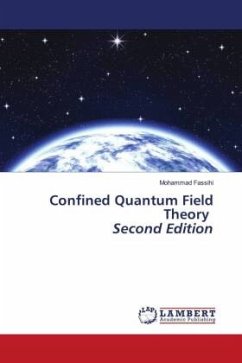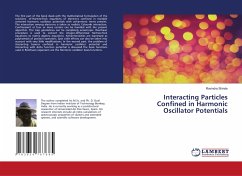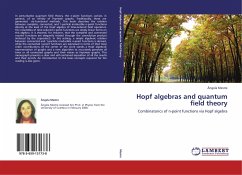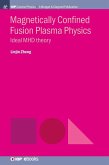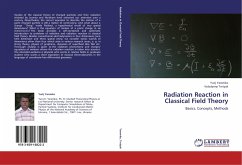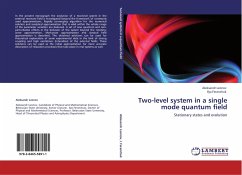In studying the physics students experience in the beginning that everything is well-defined transparent and without so much controversies. Until they come to the atoms molecules and generally quantum. What often they learn is that it only depends to the fact that we have two types of physics. Macroscopic and microscopic with different laws. And the confusion they get when they confronted with the microscopic world depends on different laws in two different worlds. Confined Quantum Field Theory is a new discipline in physics. It is an extension of the moral of special and general relativity into the quantum domain. It solves some fundamental problems and also practical problems like quantum problems in nano-technology and superconductivity. The target group is specially students in physics and people with general interest in physics. In this book we explain for the students that confusion depends mostly in miss interpretation of experiments and badly formulation of quantum. And physics in both levels can be well defined and transparent.
Bitte wählen Sie Ihr Anliegen aus.
Rechnungen
Retourenschein anfordern
Bestellstatus
Storno

